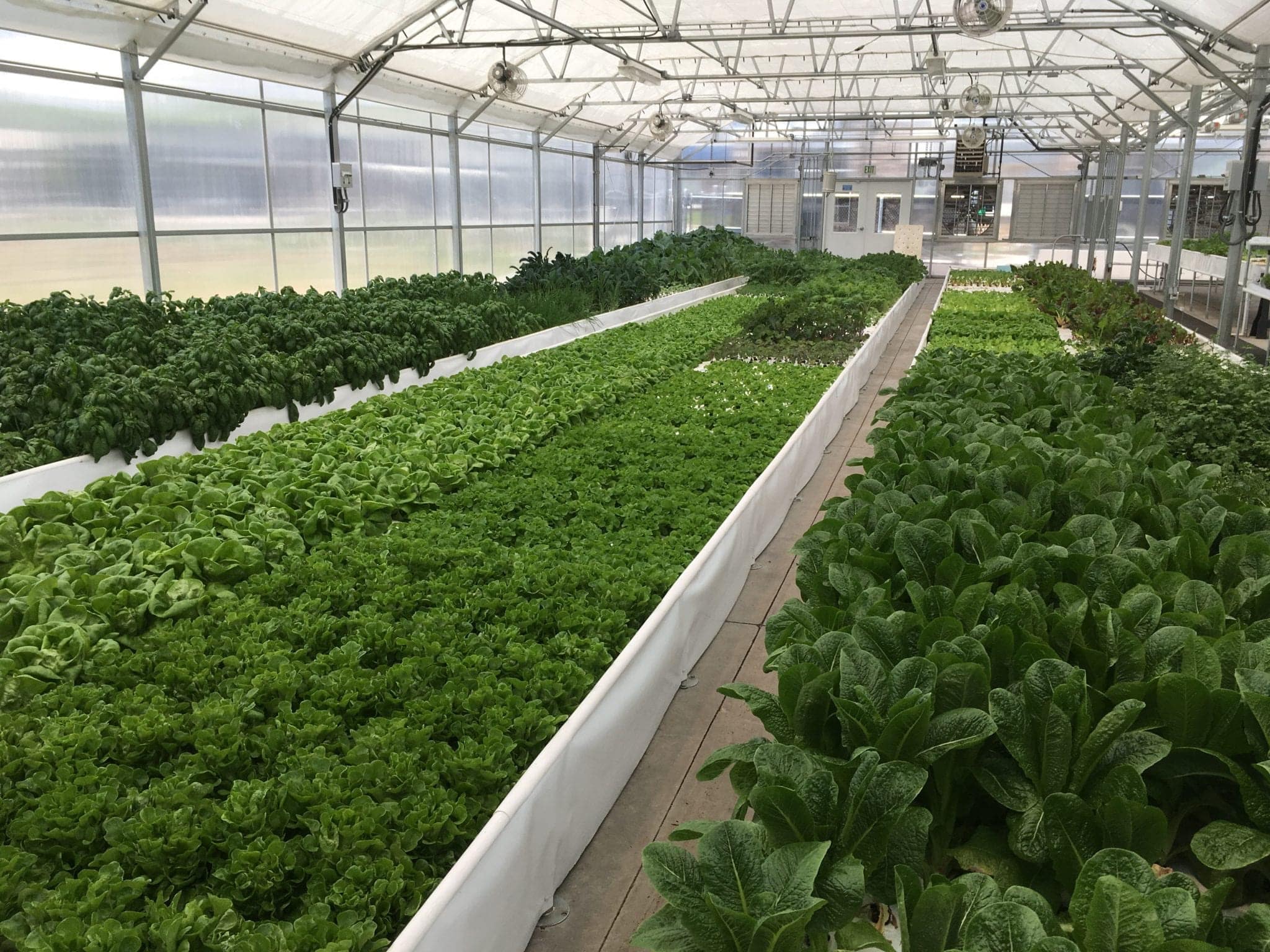Lab-grown meat, also known as cell-based meat, is a type of meat that is produced by culturing animal cells in a laboratory setting. The process involves taking a small sample of animal tissue and using it to grow muscle tissue, which can then be harvested and processed into meat products such as burgers, sausages, and chicken nuggets.
While lab-grown meat is a relatively new development, it has already generated a significant amount of interest and excitement among consumers, investors, and researchers. Proponents of lab-grown meat argue that it has the potential to revolutionize the food industry, making meat production more sustainable, ethical, and environmentally friendly.
This article will explore the concept of lab-grown meat, why it is being pushed, and potential health and natural concerns associated with this technology.
What is lab-grown meat?
Lab-grown meat is produced using a process known as cellular agriculture. The process involves taking a small sample of animal tissue and placing it in a bioreactor, where it is bathed in a nutrient-rich liquid that allows the cells to grow and multiply. Over time, the cells develop into muscle tissue, which can then be harvested and processed into meat products.
The process of producing lab-grown meat is still in the early stages of development, and there are several technical challenges that need to be addressed before it can be produced on a large scale. However, recent advancements in cell culture techniques and bioreactor technology have brought the commercialization of lab-grown meat closer to reality.
Why is lab-grown meat being pushed?
There are several reasons why lab-grown meat is being pushed as a potential solution to the environmental, ethical, and sustainability challenges facing the meat industry.
- Environmental concerns
One of the primary drivers of interest in lab-grown meat is its potential to reduce the environmental impact of meat production. The livestock sector is responsible for a significant amount of greenhouse gas emissions, land use, and water consumption. It is estimated that the livestock sector contributes to approximately 14.5% of global greenhouse gas emissions, which is more than the entire transportation sector.
Lab-grown meat has the potential to reduce the environmental impact of meat production by using significantly fewer resources, such as land, water, and energy. According to some estimates, lab-grown meat could reduce greenhouse gas emissions associated with meat production by up to 96%, land use by up to 99%, and water use by up to 96%.
- Ethical concerns
Another factor driving interest in lab-grown meat is the ethical concerns associated with conventional meat production. The use of factory farming techniques, which involve confining animals in small spaces, subjecting them to stressful conditions, and using antibiotics and hormones to increase growth rates, has come under increasing scrutiny in recent years.
Lab-grown meat provides a potential solution to these ethical concerns by providing a way to produce meat without the need for animals to be raised and slaughtered in factory farm settings. This could result in a more humane and ethical approach to meat production.
- Sustainability concerns
Finally, lab-grown meat is being pushed as a potential solution to the sustainability challenges facing the meat industry. As the global population continues to grow, the demand for meat is expected to increase significantly, placing additional pressure on already strained resources.
Lab-grown meat has the potential to provide a sustainable and scalable source of meat that can meet the growing demand for meat without placing additional pressure on resources.
Potential health concerns
While lab-grown meat has the potential to address some of the environmental, ethical, and sustainability challenges facing the meat industry, there are also potential health concerns associated with this technology.
- Safety concerns
One of the primary concerns associated with lab-grown meat is its safety. As a relatively new technology, there is limited research available
on the safety of lab-grown meat, particularly regarding its long-term health effects. While the production process for lab-grown meat is designed to be sterile, there is still a risk of contamination during production that could result in the spread of harmful bacteria or viruses.
Furthermore, it is important to note that lab-grown meat is still a processed food product that may contain additives or preservatives that could be harmful to human health. While the goal is to produce lab-grown meat that is nutritionally equivalent to conventional meat, more research is needed to determine the long-term health effects of consuming lab-grown meat.
- Allergenic concerns
Another potential health concern associated with lab-grown meat is the risk of allergenic reactions. As lab-grown meat is produced from animal cells, there is a risk that the final product may contain proteins that could trigger an allergic reaction in some individuals.
While there are protocols in place to identify and eliminate allergenic proteins during the production process, there is still a risk that some allergenic proteins could go undetected.
- Nutritional concerns
Finally, there is a concern that lab-grown meat may not be as nutritious as conventional meat. While the goal is to produce lab-grown meat that is nutritionally equivalent to conventional meat, there is still some debate about whether lab-grown meat can provide the same level of nutrients as conventionally produced meat.
Some studies have suggested that lab-grown meat may be lower in some nutrients, such as zinc and vitamin B12, than conventionally produced meat. While these nutrient deficiencies can be addressed through fortification or supplementation, more research is needed to fully understand the nutritional implications of lab-grown meat.
Natural concerns
In addition to potential health concerns, there are also natural concerns associated with lab-grown meat.
- Disruption of traditional agriculture
One of the concerns associated with lab-grown meat is that it may disrupt traditional agriculture and farming practices. As lab-grown meat becomes more widely adopted, there is a risk that it could lead to the displacement of small farmers and traditional farming communities, who may be unable to compete with the large-scale production of lab-grown meat.
Furthermore, the production of lab-grown meat could lead to a loss of biodiversity and the destruction of traditional farming landscapes.
- Dependence on technology
Another concern associated with lab-grown meat is that it may increase our dependence on technology. As lab-grown meat is produced using high-tech equipment and processes, there is a risk that it could lead to a loss of traditional farming knowledge and skills.
Furthermore, there is a risk that the reliance on technology could lead to a concentration of power in the hands of a few large companies, who may control the production and distribution of lab-grown meat.
- Lack of natural diversity
Finally, there is a concern that lab-grown meat may lead to a loss of natural diversity. As lab-grown meat is produced using a limited number of animal cell lines, there is a risk that it could lead to a loss of genetic diversity and an increased susceptibility to disease or other environmental factors.
Furthermore, there is a concern that the production of lab-grown meat could lead to a loss of cultural diversity, as traditional farming practices and knowledge are replaced by high-tech production methods.
Conclusion
Lab-grown meat is a promising technology that has the potential to revolutionize the meat industry by addressing environmental, ethical, and sustainability concerns. However, it is important to recognize that there are potential health and natural concerns associated with this technology that need to be addressed.
As lab-grown meat continues to develop, it is essential that the industry is regulated and monitored to ensure that it is safe, sustainable, and ethical. Furthermore, it is important that the benefits and potential risks of this technology are communicated clearly to consumers, so that they can make informed decisions about whether to consume lab-grown meat.
While lab-grown meat is still in its early stages of development, it is important to recognize that it has the potential to revolutionize the way we produce and consume meat. By addressing many of the ethical, environmental, and sustainability concerns associated with traditional meat production, lab-grown meat has the potential to provide a sustainable and ethical source of protein that can help feed the world’s growing population.
However, it is important that we approach this technology with caution and carefully consider the potential health and natural concerns associated with lab-grown meat. By addressing these concerns and ensuring that the technology is safe, sustainable, and ethical, we can ensure that lab-grown meat is a positive and beneficial addition to our food system.
In conclusion, the development of lab-grown meat has the potential to address many of the environmental, ethical, and sustainability concerns associated with traditional meat production. However, it is important to carefully consider the potential health and natural concerns associated with this technology and to ensure that it is safe, sustainable, and ethical. By doing so, we can ensure that lab-grown meat is a positive and beneficial addition to our food system that can help feed the world’s growing population while minimizing the negative impacts of traditional meat production.
There are several companies that are currently funding lab-grown meat production. Some of the most well-known and established companies in the lab-grown meat industry include:
- Memphis Meats: Memphis Meats is one of the leading companies in the lab-grown meat industry, having raised over $180 million in funding from investors such as Tyson Foods, Cargill, and Bill Gates.
- Mosa Meat: Mosa Meat is a Dutch company that was founded in 2015 and has raised over $85 million in funding from investors such as Merck, Bell Food Group, and Nutreco.
- Future Meat Technologies: Future Meat Technologies is an Israeli company that was founded in 2018 and has raised over $26 million in funding from investors such as Tyson Foods, ADM Capital, and S2G Ventures.
- Aleph Farms: Aleph Farms is an Israeli company that was founded in 2017 and has raised over $51 million in funding from investors such as Cargill, Strauss Group, and VisVires New Protein.
- SuperMeat: SuperMeat is an Israeli company that was founded in 2015 and has raised over $10 million in funding from investors such as New Crop Capital, Stray Dog Capital, and Agrinnovation.
Sources:
- “The Future of Meat is Coming Soon.” BBC News, 11 May 2020, https://www.bbc.com/news/business-52659751.
- “Lab-Grown Meat Could Be in Restaurants by 2021.” Forbes, 12 Oct. 2018, https://www.forbes.com/sites/michaelpellmanrowland/2018/10/12/lab-grown-meat-could-be-in-restaurants-by-2021/?sh=10ce08e4782b.
- “The Promise and Peril of Lab-Grown Meat.” Vox, 20 Nov. 2019, https://www.vox.com/future-perfect/2019/11/20/20973070/lab-grown-meat-cultured-cellular-agriculture.
- “Clean Meat: How Lab-Grown Meat is Changing the Food Industry.” Singularity Hub, 16 Sept. 2019, https://singularityhub.com/2019/09/16/clean-meat-how-lab-grown-meat-is-changing-the-food-industry/.
- “The Cultured Meat Revolution: How Scientists Are Growing Meat in the Lab.” The Guardian, 14 Feb. 2021, https://www.theguardian.com/food/2021/feb/14/the-cultured-meat-revolution-how-scientists-are-growing-meat-in-the-lab.
- “Lab-Grown Meat Could Be a Game-Changer for the Environment. Here’s How It Works.” National Geographic, 10 Apr. 2020, https://www.nationalgeographic.com/science/2020/04/lab-grown-meat-could-be-game-changer-for-environment-heres-how-it-works/.
- “Lab-Grown Meat: The Good, the Bad, and the Ugly.” Eater, 23 Oct. 2019, https://www.eater.com/2019/10/23/20927266/lab-grown-meat-cell-cultured-environment-health-ethics.
- “Memphis Meats Closes $161m Funding Round.” Memphis Meats, 23 Jan. 2020, https://www.memphismeats.com/press/memphis-meats-closes-161m-funding-round/.
- “Mosa Meat Raises €55m as It Looks to Bring Cultured Beef to Market by 2021.” Tech.eu, 22 Jul. 2020, https://tech.eu/brief/mosa-meat-funding/.
- “Future Meat Technologies Raises $26.75M to Scale Its Cultured Meat Production.” AgFunder News, 24 Dec. 2020, https://agfundernews.com/future-meat-technologies-raises-26-75m-to-scale-its-cultured-meat-production.html.
- “Aleph Farms Closes $105m Funding Round.” Aleph Farms, 6 Jan. 2021, https://www.aleph-farms.com/news/aleph-farms-closes-105m-funding-round/.
- “SuperMeat Raises $3M Seed Funding to Develop Lab-Grown Chicken Meat.” AgFunder News, 8 Nov. 2017, https://agfundernews.com/supermeat-raises-3m-seed-funding-develop-lab-grown-chicken-meat.html.




